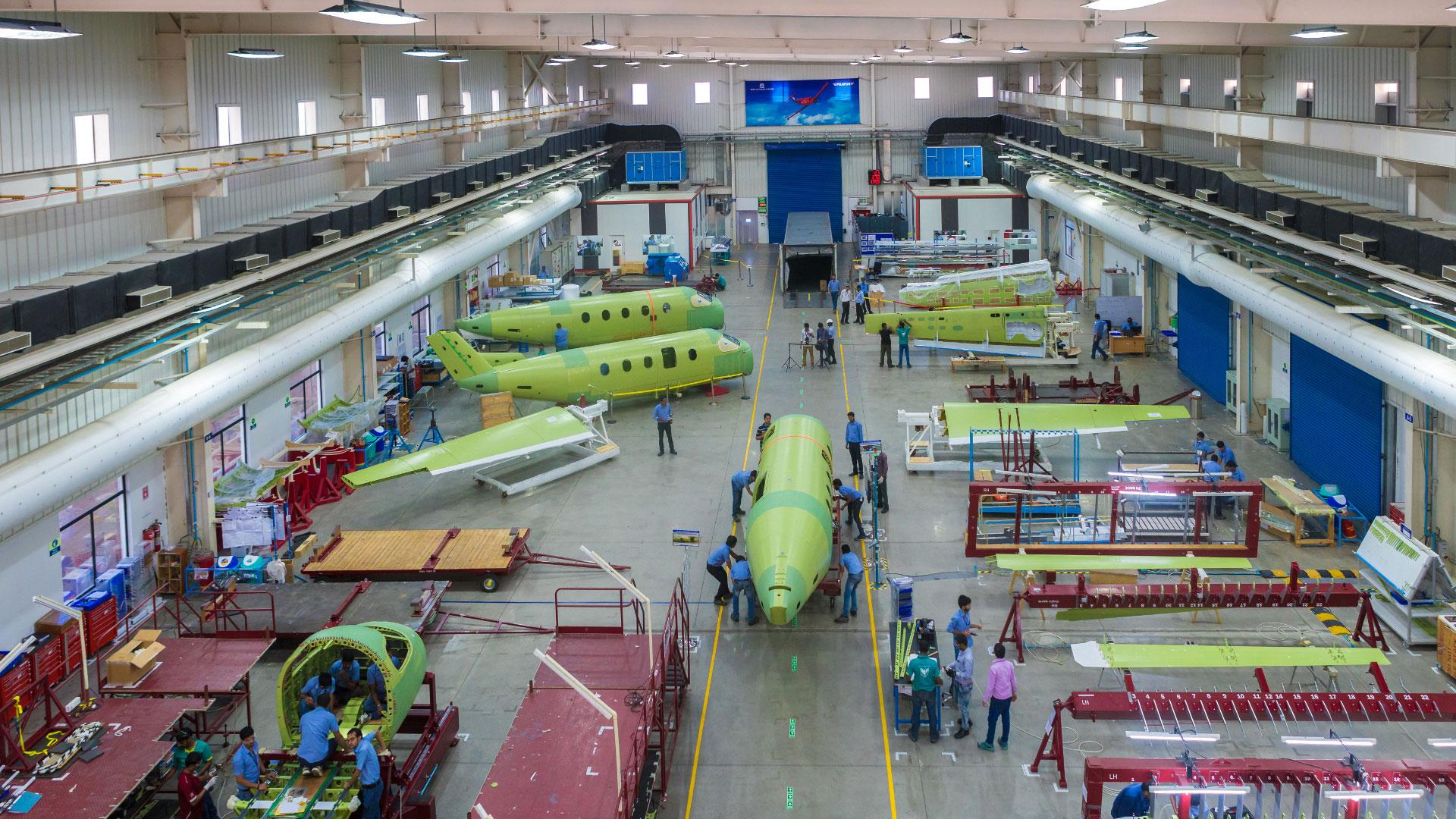
Aerospace tech accelerator Starburst is expanding to India following recent growth within the country’s aerospace and defense (A&D) industry. The move will see Starburst looking at potential investments in areas such as MRO, urban air mobility (UAM), space hardware and software startups related to all segments within A&D.
According to Starburst CEO Francois Chopard, India has always been on its radar due to its strong capabilities in information technology and software, but it had been waiting for the right opportunity to develop its presence there. Now that the country has begun recognizing the importance of startups and the A&D industry, he says, the timing is finally right. Recent government initiatives to develop the aviation and MRO industries in the country may also provide a better growth environment, including tax reforms targeting growth in the MRO industry and initiatives within its recent economic stimulus plan aimed at areas such as aircraft maintenance, civil aviation and defense production.
Starburst is opening its Indian subsidiary in Mumbai this month and plans to maintain a strategic presence in Delhi, Bangalore and Hyderabad through partnerships and other operating resources within the A&D ecosystem. Starburst will be engaging with local corporate and government stakeholders and Chopard says it will likely take around six months before it is able to launch its planned early-stage accelerator program in India, which will connect participants to Starburst’s network of global partners in government and private sectors.
The move follows Starburst’s recent launch of a new Aviation Tech Accelerator Program in Singapore, where it is partnering with Singapore Airlines Group to solve challenge areas shared by airlines, MROs and other players within the aviation ecosystem. While Chopard says it may be difficult to form partnerships with Indian airlines and MROs at the moment due to the COVID-19 crisis, there are still plenty of good prospects for partnerships within A&D and startups.
“We are mostly going to target the international base of OEM players, but also the local ones, and we’re going to see if there’s anything emerging in the MRO sectors. Usually the UAM [players] are interested in the MRO aspect, so we’re going to be very much paying attention to these players,” says Chopard. “Given the size of the country and their appetite for growing the A&D sector, I’m sure we’re going to be able to find startups in all the 20 different sub-segments of A&D that we usually look at.” He adds that this may include UAM for new types of aircraft platforms and software related to autonomy, communications and inflight entertainment.
Chopard notes that Starburst has previously invested in MRO technology related to aircraft inspections and the use of artificial intelligence and machine learning for vibration and engine monitoring. “Given India’s strength in software and everything related to mathematics, I’m sure we’re going to find even more startups in that area in India,” he says. “Also, as India tries to become more independent from China, I would not be surprised if we’re going to see more MRO players emerging either from the large traditional players like Tata and others, or from airlines or joint ventures between OEMs and airlines.”
Starburst will also be targeting hardware and software startups related to space. Indian startup Pixxel, which is building a constellation of low earth orbit satellites with multi-spectral payloads for Earth observations in various wavelengths, was part of Starburst’s Techstars space accelerator in Los Angeles. It recently raised $5 million from Indian investors, which Chopard says is another good indicator of growth in the Indian A&D and startups markets. He says Starburst may “get some good surprises” in this area due to the emergence of Indian hardware and software startups.



